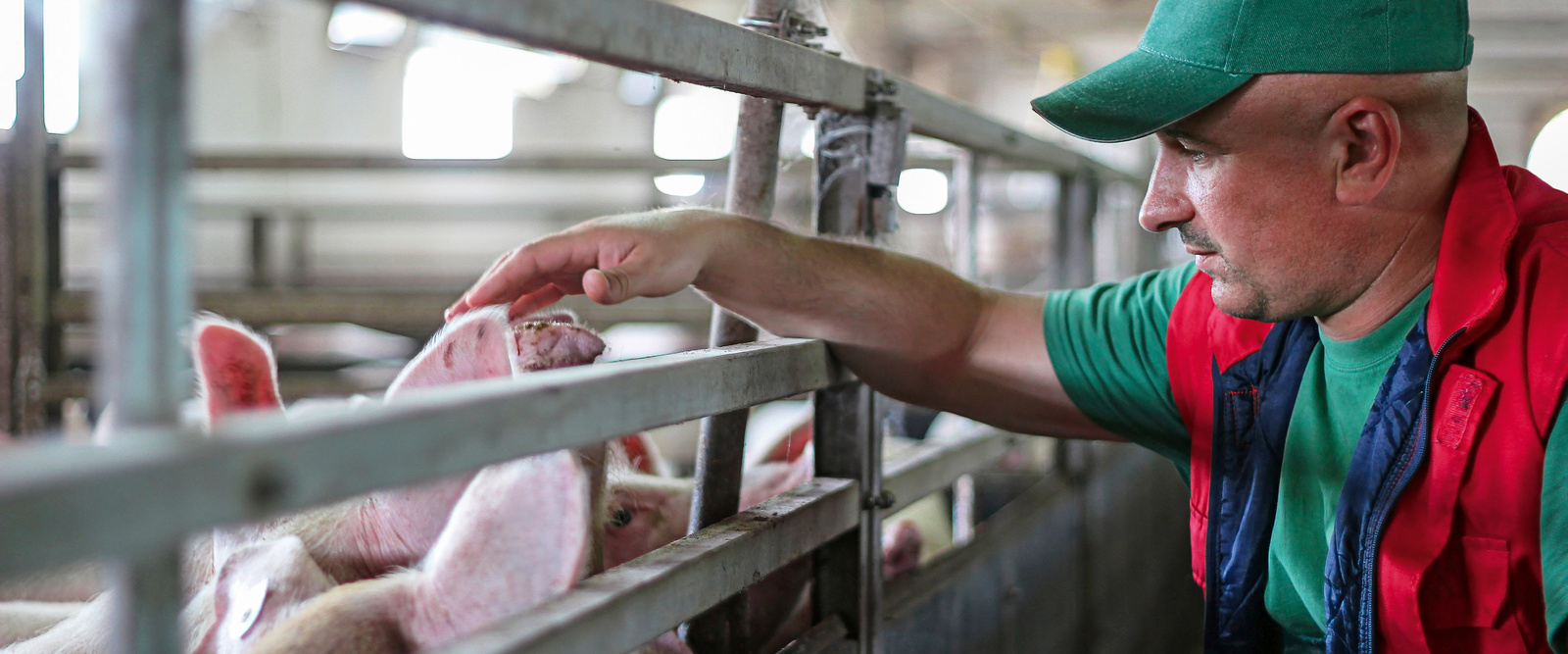Pig farming hygiene: what to bear in mind
High hygiene standards are indispensable for animal-friendly and economic piglet and pig farming. Correct disinfection and cleaning procedures and the right cleaning equipment help prevent diseases in pig farming. They also greatly support biosecurity.

Pig breeding: protection against illnesses
Regular cleaning and disinfection of the pigsty reduces the amount of germs and prevents illnesses from spreading from pigsty to pigsty. Pig farming hygiene is an important step towards preventing animal diseases like African swine fever. It affects wild and domestic animals and is fatal.
Foot and Mouth Disease is also very infectious. It causes severe economic consequences in an event of an outbreak. To avoid an outbreak pigsties, as well as equipment and machines that come into contact with the animals must be thoroughly cleaned and disinfected.
It is also important to take hygiene into account when transporting pigs. Ensuring cleanliness throughout the entire journey prevents the transmission of pathogens between animals and humans. This is further supported by professional cleaning equipment and cleaning routines. Maintaining high cleanliness standards reduce the likelihood of an outbreak.
Pig breeding: the economic keeping
Disease prevention contributes towards economically successful pig farming. For example, using less medication reduces veterinary costs, increasing revenue. A thorough and regular silo cleaning should not be forgotten either. If food residue and mould get into the animal feed, it may result in the animals suffering from health problems.
The economic losses can be immense if the risk for diseases is not isolated and eliminated. Therefore, consistent scrutiny and cleaning ensures that such problems do not occur in pig farming and that animals stay healthy. After all, better animal health improves the overall animal welfare and daily weight gains.













